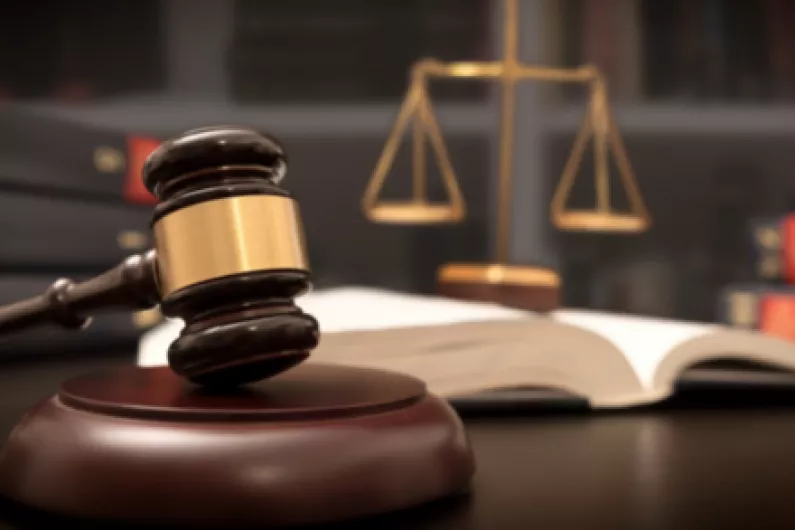A 52-year-old Roscommon farmer who made a false statement to Gardaí that his cattle were missing when they were actually in his neighbour's shed has failed in a bid to overturn his conviction and €6,500 fine. The Court of Appeal noted that Gerard Harrington (52) submitted 81 grounds of appeal, of which he continued with 34 including a submission that hot weather during his trial meant the jury members were subjected to "oppressive conditions". Harrington, of Marian Road, Boyle, Roscommon, was convicted on July 26, 2021 at the Circuit Criminal Court in Tullamore of making a false report or statement tending to give rise to apprehension for the safety of persons or property and fined €6,500.
The appellant reported to Gardaí that ten of his cattle were missing and gave details of the breed, tag number and value of each. After making enquiries, the Gardaí were led to a shed at Breedogue, Roscommon, where they found a number of cattle, six of which had tag numbers matching those reported missing by the appellant. The Gardaí spoke to the owner of the shed, a cattle farmer whose land adjoined the appellant's, who gave evidence that his own cattle had broken out and were later located in a neighbour's field, mixed in with between seven and ten of Harrington's cattle. This farmer brought the cattle to the shed, later meeting the appellant and making him aware of the location of the cattle belonging to him. As the appellant had been made aware of the location of some of his cattle prior to making his statement, the Gardaí advised him that he was suspected of making a false statement.
Mr Harrington's legal counsel submitted that the appellant had been "inveigled" to attend the Garda station in a manner that prevented him from having the opportunity to get legal advice. "There was not a scintilla of evidence to support the suggestion that the appellant had been tricked or trapped in any way," said Mr Justice Edwards. He said that the man's defence had submitted that the trial judge had been wrong not to discharge the jury after a Garda witness made reference to a memo of interview that was redacted during the trial.
However, as the trial judge subsequently gave supplementary instructions to the jury on this matter, he said that the Court of Appeal was "completely satisfied that the trial judge dealt appropriately with this issue". He said the court was also rejecting the claim that the hot weather during the trial meant the jury members were subjected to "oppressive conditions".
Concerning the alleged oppression of the jury in hot weather, Mr Justice Edwards said that the only complaints during the trial emanated from the defence, while the jury made no complaint. Concluding that the trial was satisfactory and that the verdict was safe, the court dismissed a number of submissions and subsequently the appeal.






